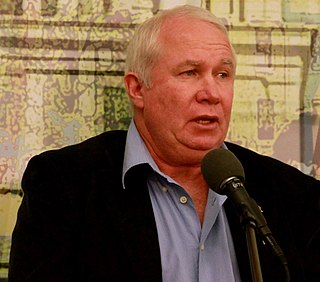A Quote by Pierre-Joseph Proudhon
The law does not generate justice. The law is nothing but a declaration and application of what is just.
Quote Topics
Related Quotes
Law and justice are from time to time inevitably in conflict ... . The jury ... adjusts the general rule of law to the justice to the particular case. Thus the odium of inflexible rules of law is avoided, and popular satisfaction is preserved ... That is what jury trial does. It supplies that flexibility of legal rules which is essential to justice and popular contentment.
Law is justice. And it is under the law of justice - under the reign of right; under the influence of liberty, safety, stability, and responsibility - that every person will attain his real worth and the true dignity of his being. It is only under this law of justice that mankind will achieve - slowly, no doubt, but certainly - God's design for the orderly and peaceful progress of humanity.
The Gospel is temporary, but the law is eternal and is restored precisely through the Gospel. Freedom from the law consists, then, not in the fact that the Christian has nothing more to do with the law, but lies in the fact that the law demands nothing more from the Christian as a condition of salvation. The law can no longer judge and condemn him. Instead he delights in the law of God according to the inner man and yearns for it day and night.





































